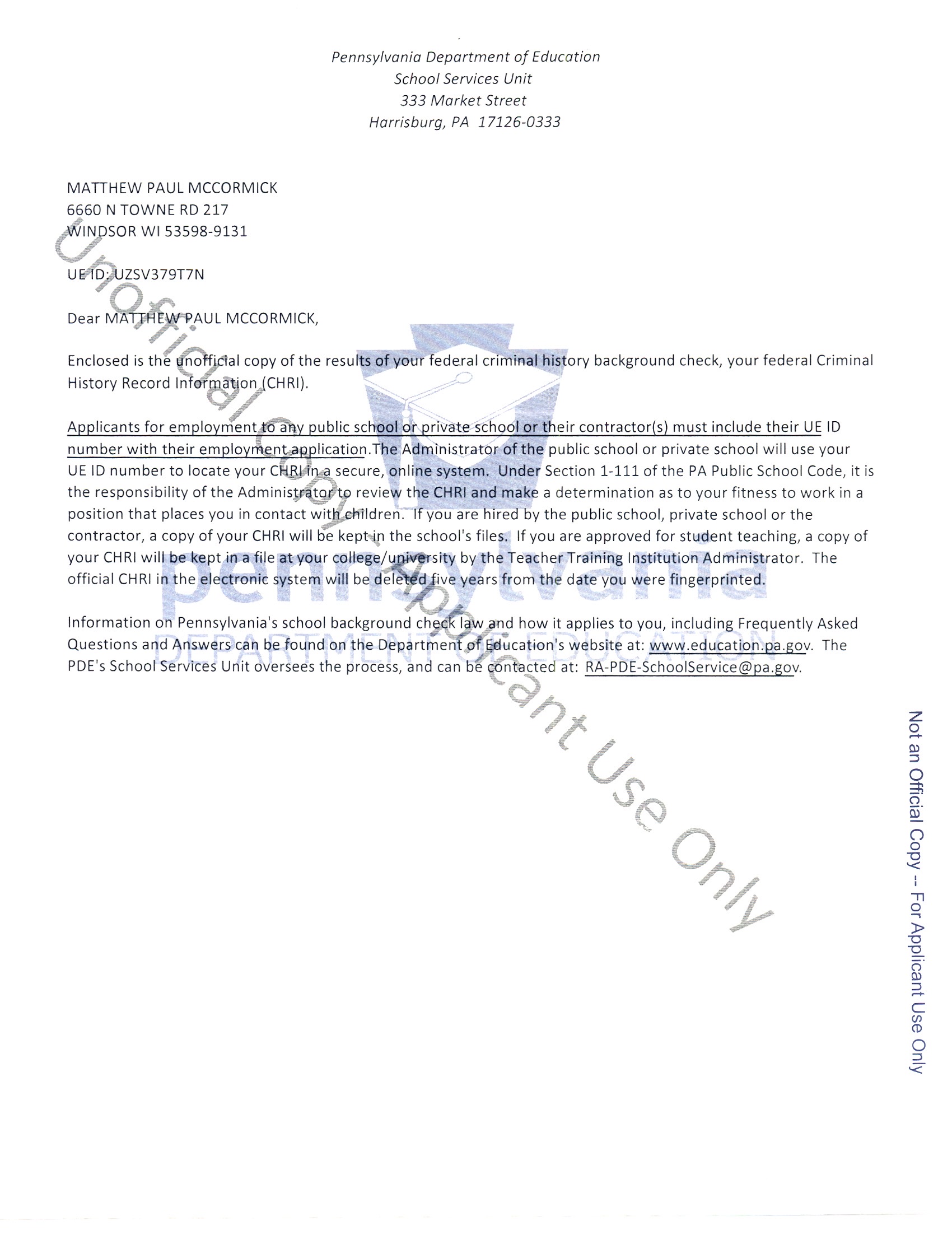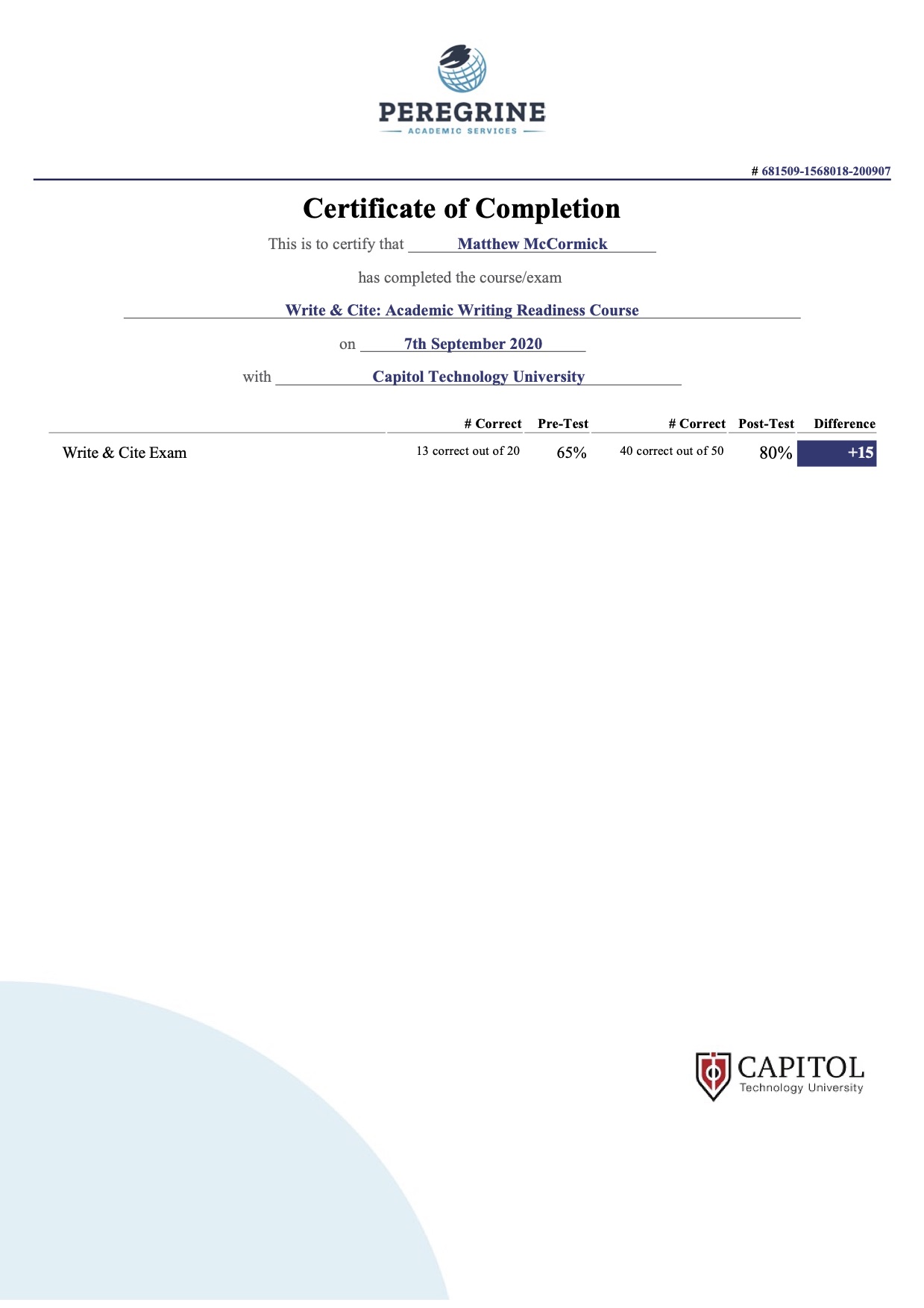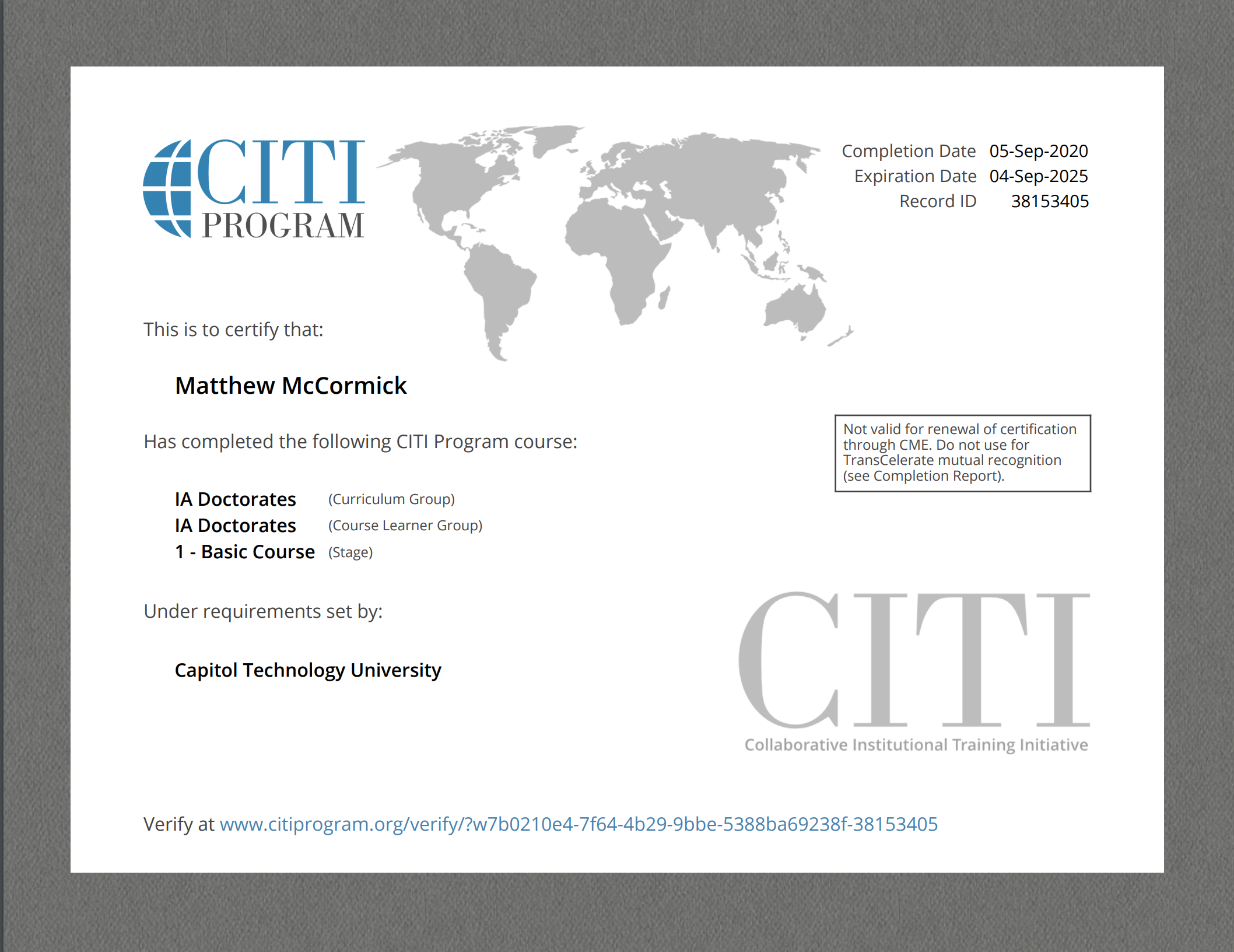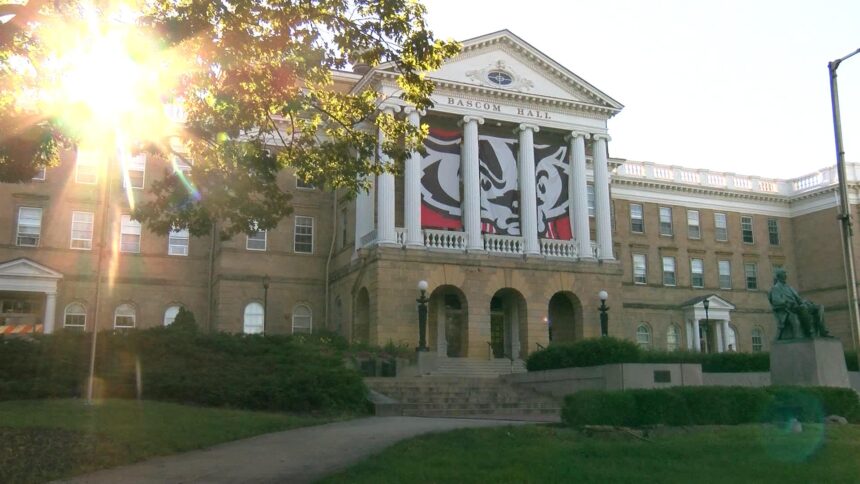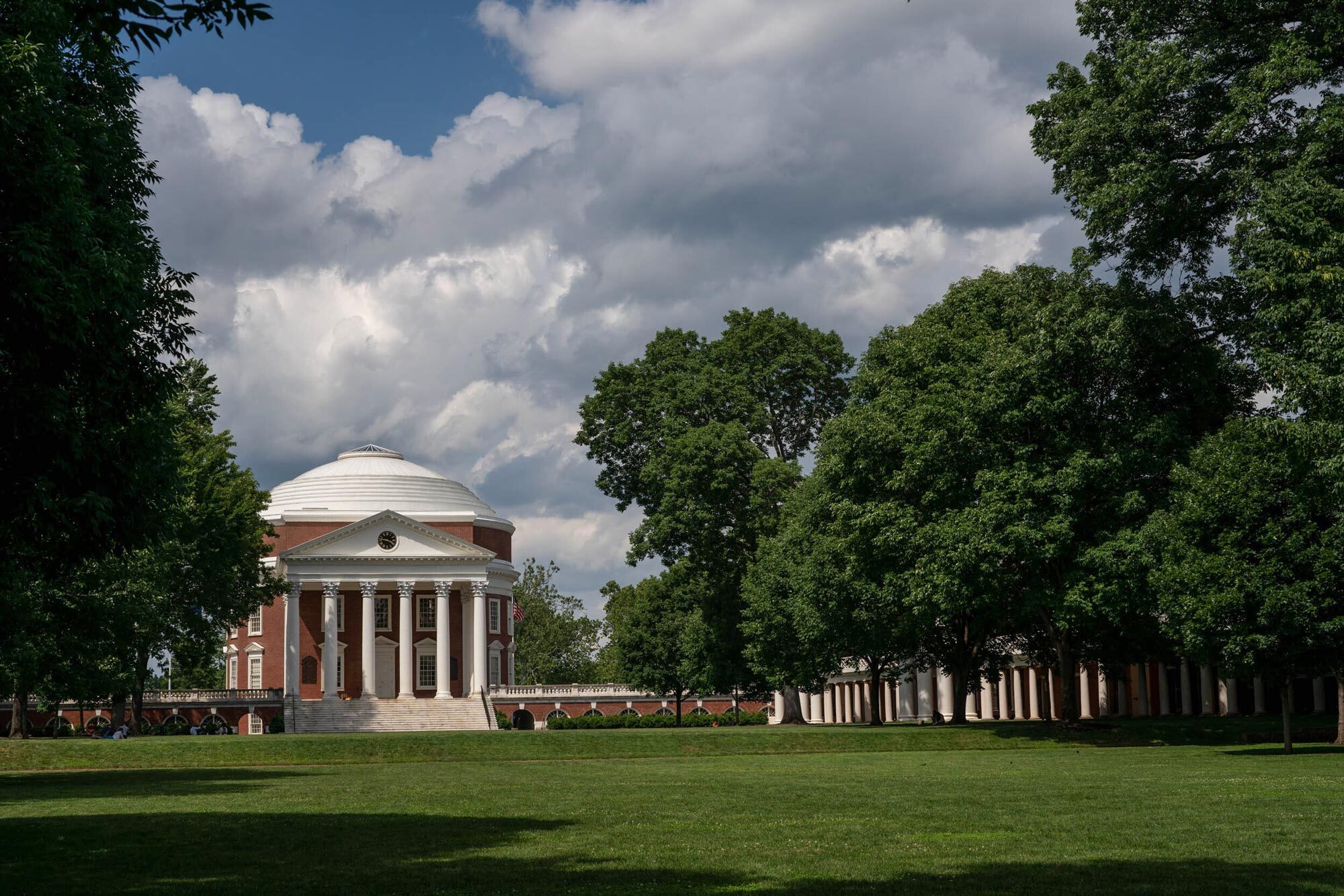-by Patrick Thomas
“Business school students are bracing for an uncertain job market this coming school year as many traditional corporate recruiters shelve their usual fall hiring plans.
At a time of year when many business school students are polishing their networking skills and getting their business haircuts, a number of big companies, including consulting giant PricewaterhouseCoopers, say there will be no jobs on offer to second-year M.B.A. candidates, beyond those who interned this summer, looking to lock down a position before they graduate.
The murky job market has both students and schools worried. M.B.A. students can pay $200,000 or more to attend some of the most elite programs, once two years of living costs are factored in, for the promise of an accelerated career and higher salary. Schools market strong job-placement rates to prospective students; those rates ranged between 80% to 90% for many highly ranked programs before the pandemic hit.
PwC said it has no plans to hire up to 100 second-year M.B.A. students as it usually does each fall. This year, only those who had summer internships with the firm got job offers this month for positions that will start after graduation in the spring of 2021, said Rod Adams, the U.S. recruitment leader at the company.

“Those that have interned with us have generally performed better when they start full-time,” he said. “You are not starting from ground zero.”
Other companies say they are taking a wait-and-see approach. Consulting giant Bain & Co. is reducing the number of second-year M.B.A.s it plans to hire but has made offers to this summer’s entire M.B.A. intern class, said Keith Bevans, a partner who leads recruiting for the firm. Because of job market uncertainty, Mr. Bevans said he expects a higher percentage of interns than usual to accept.
EY, one of the largest professional services firms in the world and the umbrella organization for its U.S. affiliate, Ernst & Young LLP, is waiting to see how a potential second wave of Covid-19 infections plays out before it finalizes hiring plans for the year.
“In a normal year, we’d have everything buttoned up and schedules set, we would have already been on campus in several places,” said Dan Black, global recruiting lead for EY. “The next four to five months are going to determine a lot of things.”
While EY’s M.B.A. hiring is uncertain, the firm plans to make a lot of job offers to undergraduates, who typically take roles in tax and assurance when they graduate, Mr. Black said. Those units involve annuity work that needs to be done regardless of what is happening in the broader economy.
“M.B.A.s primarily fill roles in consulting and strategy and transaction, which tend to have more project work that is affected more by the relative strength of the economy,” he said.
Kevin Stacia, an M.B.A. career coach and corporate-relations manager at Georgia Tech’s Scheller College of Business, said students and employers are stuck in limbo for now. “Nobody is making commitments yet,” he said.
Mateusz Madry, who is working to complete his M.B.A. at Suffolk University’s Sawyer Business School in Boston, said he pursued a business degree to kick-start a career in digital marketing. But he struggled to land an internship this summer and instead worked at the university.
“The job search for us M.B.A.s is so important in terms of connections and getting to know people. When Covid[-19] hit, I feel like I lost those connections,” the 30-year-old said. “All of us are entering into this unknown in the fall. It’s a hard time for everyone.”
Students who weren’t able to land a summer internship—or had their offer rescinded—fear they could have a tough time finding the job they thought the pricey degree would give them upon graduation. RelishCareers said in a recent survey more than a third of 2021 M.B.A. candidates have had job and internship offers rescinded or changed because of the pandemic, compared with about 20% of M.B.A.s who graduated this year. The survey found offers extended to the class of 2021 have been hit hardest by the pandemic because companies consider internships less essential in an emergency.
Several big companies, including McKinsey & Co. and Boston Consulting Group, had already pushed back the start dates for spring graduates who expected to begin full-time roles this summer. Many who had locked down summer 2020 job offers back in the fall of 2019 are still waiting to hear when they can report to work. PwC says some new employees may not start until November.
A recent survey of more than 1,000 employers found that companies across an array of industries planned to hire nearly 60% fewer management positions this year, shrinking the number of landing spots for newly minted M.B.A.s along with other white-collar workers, according to the Association of M.B.A.s and Business Graduates Association, one of the three main accreditation bodies of business schools, which conducted the research.
Some sectors, including retail and tourism, have been predictably hard-hit by pandemic closures, which has curbed their ability to hire, survey respondents said. Other sectors were a surprise. Logistics companies, for instance, who are riding a pandemic-fueled surge in e-commerce to higher profit and revenue, reported some of the largest management hiring drop-offs.
“Some blue-chip organizations that every year took a few M.B.A.s into their cohort might take a break for a year,” said Andrew Main Wilson, who runs the Association of M.B.A.s. “Many companies feel if they are being responsible, the first thing they’ll stop is recruitment and save existing jobs of good employees.”
More than half of respondents in banking, energy, engineering and construction said they were hiring fewer leadership roles in 2020 compared with 2019, and nearly two-thirds of organizations polled in legal services and pharmaceuticals said they were in the market for fewer managers this year. In contrast, about a fourth of companies polled in insurance, entertainment and computers and electronics said they planned to hire more management roles.
As traditional M.B.A. employers in consulting and financial services dial back recruiting plans, new employers in technology are emerging to fill the gap, said Raj Echambadi, dean of Northeastern University’s D’Amore-McKim School of Business.
“We are hoping the losses in traditional industries can be actually taken care of by different types of organizations,” he said.
Amazon.com Inc. and Microsoft Corp. started their B-school recruiting process for jobs and internships earlier than ever before and indicated they plan to make more job offers to second-year M.B.A.s than usual, according to Drew Pascarella, associate dean of M.B.A. programs at Cornell University’s SC Johnson Graduate School of Management.
Among M.B.A. pursuers is ServiceNow Inc., a cloud-computing company that launched its B-school intern program last year and next spring aims to hire about 10 to 20 additional M.B.A.s than it did this past year.
“This is a long-term commitment,” said Chirantan CJ Desai, ServiceNow’s chief product officer, who manages the company’s B-school hires. “M.B.A.s help us create better products. I’m optimistic about the graduating class of 2021.”
